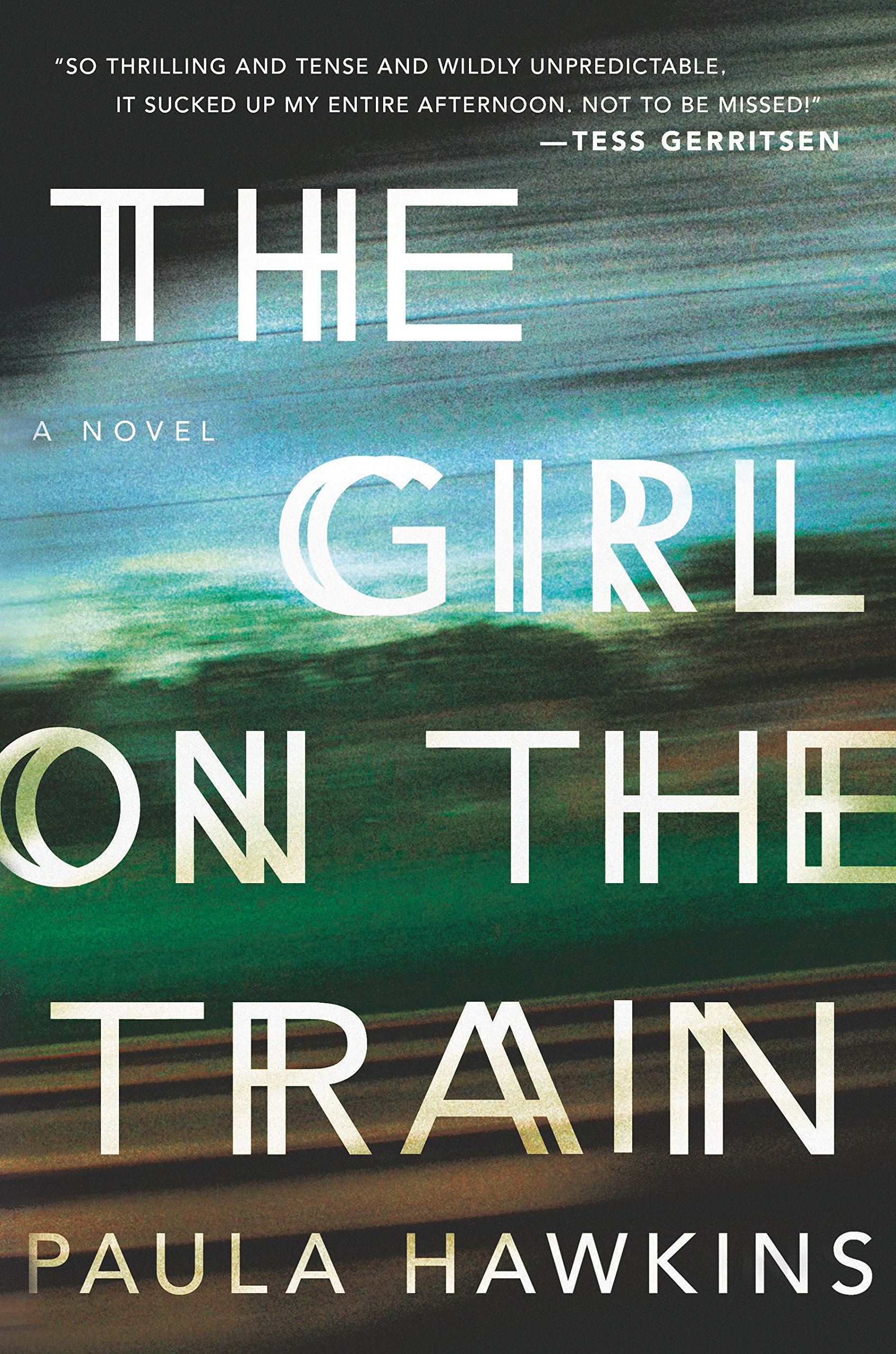I have exciting news to report!
The truth is, Bellicise and Luce are real. There really is a war out there. It’s a tough and dangerous battle of good versus evil to save all of mankind. But, never fear! As long as we develop Dynam, the world will be saved!
You, too, can help in this cause. All you have to do is pay a course fee and I can train you how to help save the world. It will be for the greater good, so it’s very much worth it. The road will be long. You’ll work endlessly while earning very little money. You’ll rarely see your family. If you step out of line, you’ll have to be punished. (And let’s be honest, sometimes we’ll punish you “just cuz.”) But again, it’s for the greater good. So open your wallet and let’s get moving.
Ohhhh wait. Never mind! That’s not right! I’m talking about Scientology, NOT Dynam. But since L. Ron Hubbard created a religion out of thin air after gaining lots of writing practice on his Sci-Fi novels, can’t I do the same thing with my fiction? Oh, that seems strange to you? Yeah, I guess that’s because it is…
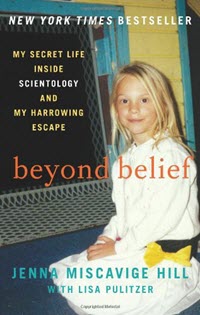 In Beyond Belief, Jenna Miscaviage Hill, niece of the dictator ruling Scientology, David Miscaviage, gives us a poignant tale of her bizarre and dysfunctional upbringing within the Church. Because of her familial ties, we get an inside look at the organization that calls itself Scientology.
In Beyond Belief, Jenna Miscaviage Hill, niece of the dictator ruling Scientology, David Miscaviage, gives us a poignant tale of her bizarre and dysfunctional upbringing within the Church. Because of her familial ties, we get an inside look at the organization that calls itself Scientology.
Before reading this book, I wasn’t aware Scientology had its own language. For instance, Scientologists undergo a process called auditing, where they’re asked a series of questions while holding fast to an electronic device called an E-Meter. It’s meant to be a cross between a lie detector test and psychotherapy—the receiver of the auditing is supposed to release bad “stuff” in their life, or in past lives. Do your spiritual housekeeping through auditing (while paying hefty fees!) and you’ll eventually gain the status of “Clear,” where you’ll be happily free of the nasty influence of engrams. Do REALLY well, and you’ll get to the Operating Thetan level. 
So far, it doesn’t sound all that bad, does it? You pay some money and people talk to you about your childhood—not an unusual thing in our society. There are lots of made-up words, but that’s not the worst thing ever. And after all, if it’s good enough for Tom Cruise and John Travolta, it should be good enough for me, right? But, look more closely. There are important red flags.
Scientologists are encouraged to detach from emotion and approach everything with the rules that have been drilled into their heads—rules that are supposed to help Scientology save the world. Independent thought of any kind is discouraged, and folks who step out of line receive “chits” for bad behavior. They’ll be accused of things like an “Out 2D” or of being “Out Ethics”—all things which have arduous and terrifying consequences, like working 23-hour days with little food, only to be given a soggy mattress on a rooftop to sleep on at the end of the night.
Another incredibly scary thing about the religion is that if you vocalize concerns or leave the religion, you might be labeled a “Suppressive Person,” or a person that is against the aims of the church. Members of Scientology are instructed to disconnect from SPs—in a nutshell, cut them out of their life completely and never speak with them again. For some Scientologists who grew up in the church, like Jenna, this means choosing between your own health and safety, and never seeing your family or friends ever again.
 The main point of the religion is quite clearly the cash money. L. Ron himself said to one of his ex-wives that the way to make the big bucks was to start a religion. And make the big bucks he sure did! For a Scientologist to reach the OT levels (the higher levels of Scientology) they would pay over $100,000. Keep in mind as you read—Scientology managed to get itself classified as a religion, and billions of tax dollars they owe you and I, as American citizens, go unpaid every single year they exist. You’re paying for this shit to go on, people.
The main point of the religion is quite clearly the cash money. L. Ron himself said to one of his ex-wives that the way to make the big bucks was to start a religion. And make the big bucks he sure did! For a Scientologist to reach the OT levels (the higher levels of Scientology) they would pay over $100,000. Keep in mind as you read—Scientology managed to get itself classified as a religion, and billions of tax dollars they owe you and I, as American citizens, go unpaid every single year they exist. You’re paying for this shit to go on, people.
Another interesting element to this story for me, personally, was that the author is just six months older than I am. As I read this book, I kept looking at her timelines and realizing that while she was doing manual labor hauling railroad ties, scrubbing toilets with a toothbrush, acting as “medical liason” at age 7, and reciting mindless quotes by L. Ron, I was doing normal kid stuff like building forts, crushing on boys, and being pissed off at my parents that we weren't having macaroni and cheese for dinner.
The writing itself is no masterpiece. There’s everything from bad grammar, to repetition, to spelling problems. The younger portions of the author’s timelines seem to have a ton of detail. I don’t know about you, but I don’t remember nearly as much as she did when I was two years old. She’s also got some major timeline issues in there. She mentions getting to the Ranch around March of 1999, shortly after that mentioning she was six years old. So, I’m pretty sure she meant 1990. Her publishers didn’t really do their jobs on the editing piece, which is a shame.
But all in all, the story is an emotional telling of the first eighteen years of a woman’s life, which were largely destroyed.
Way to make it out alive, Jenna.




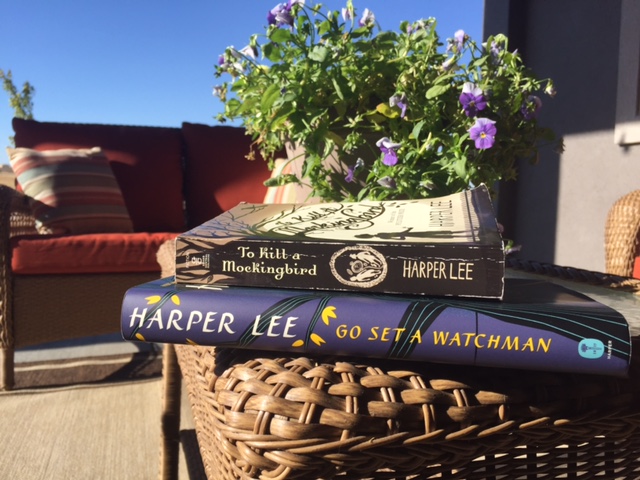 Harper Lee's long-awaited sequel to the Pulitzer Prize winner To Kill a Mockingbird once more takes us back to the deeply racially divided South, where our color-blind heroine Scout Finch returns home to Maycomb County to visit her father Atticus in Go Set a Watchman. While discussing the book with a friend on a Labor Day trip to New York, I was reminded that though this is a sequel, it was, in fact, written before Mockingbird. In fact, it’s actually an early version of the novel that was to come To Kill a Mockingbird. I cannot imagine how hard this must be as a writer--to take a character on an emotional roller coaster and then yank them backward into their own childhood. Kudos, Ms. Lee.
Harper Lee's long-awaited sequel to the Pulitzer Prize winner To Kill a Mockingbird once more takes us back to the deeply racially divided South, where our color-blind heroine Scout Finch returns home to Maycomb County to visit her father Atticus in Go Set a Watchman. While discussing the book with a friend on a Labor Day trip to New York, I was reminded that though this is a sequel, it was, in fact, written before Mockingbird. In fact, it’s actually an early version of the novel that was to come To Kill a Mockingbird. I cannot imagine how hard this must be as a writer--to take a character on an emotional roller coaster and then yank them backward into their own childhood. Kudos, Ms. Lee.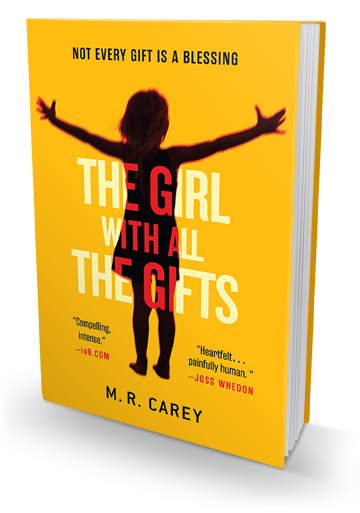
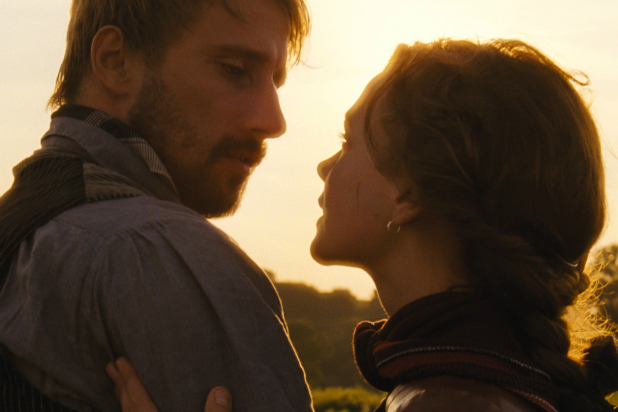 Up until very recently, I always thought the title of this classic novel was Far From the Maddening Crowd. “Maddening,” not “madding.” When Thomas Hardy wrote the novel in 1874, he took the title from a poem by Thomas Gray.
Up until very recently, I always thought the title of this classic novel was Far From the Maddening Crowd. “Maddening,” not “madding.” When Thomas Hardy wrote the novel in 1874, he took the title from a poem by Thomas Gray.